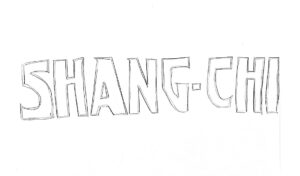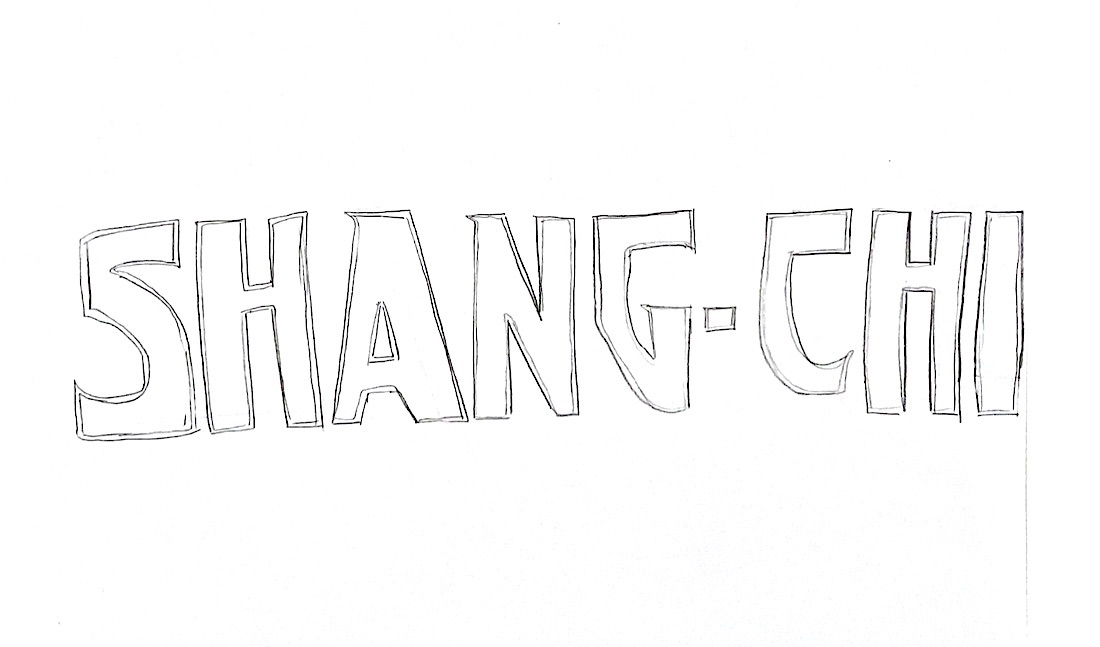The release of Marvel Cinematic Universes’ Shang-Chi and the Legend of the Ten Rings was anxiously anticipated by many Asian Americans across the country — is it going to be bad? Will it be an unimaginative, bland copy-and-paste of Black Panther? Could the film meaningfully break boundaries? Or will it be a haphazard amalgamation of Asian pop culture interspersed with Kung Fu fight scenes in a weak attempt to appeal to a broader Western audience?
When Shang-Chi premiered in theatres this Labor Day weekend, it marked the arrival of the first-ever Asian-lead in the 25 films Marvel Studios has produced since 2008 — and only one of four films produced by a major Hollywood studio to feature a predominantly Asian cast since 1993, alongside The Joy, Luck Club, Crazy Rich Asians and Mulan.
Directed by Asian American filmmaker Destin Daniel Cretton, Simu Liu starred as Shang-Chi, a key piece to fixing an infighting, broken family — while Tony Leung played Shang-Chi’s father, Xu Wenwu. Before appearing in Shang-Chi, Liu appeared in many TV shows and films, most notably in the Canadian television sitcom Kim’s Convenience. For Leung, one of Asia’s most successful and internationally recognized actors — Shang-Chi is his first-ever Hollywood film.
With its predominantly East Asian cast, plot rooted in Chinese folklore and martial arts fights, the emergence of Shang-Chi indicates that Hollywood is finally starting to listen to the demand for more Asian representation on screen. In recent years, we have seen films starring Asian-Americans like The Farewell, Crazy Rich Asians and Minari hit it big in box offices. Parasite, a South Korean film, won an Oscar for best picture Oscar.

photo courtesy of Charlotte Kane
“It seems like Asians finally have some kind of footing in Hollywood and cinema in general,” said Miles Wang ’22.
Wang acknowledges that a Shang-Chi’s box office success doesn’t simply move the needle for justice on its own: “Obviously, no movie is going to solve huge deeply rooted issues like inequality or racism, but it’ll show East Asian and Chinese Americans like me that Asian American superheroes and faces are just as valid as white faces … from a young person’s perspective it’s empowering,” he said.
With a $94-million opening weekend gross — a record for the four-day Labor Day weekend — Shang-Chi is not only a representational milestone but is a massive box office haul. “Marvel is clearly making a boatload of money off of the movie, but that just means that Asian American stories are worth investing in,” Wang said.
However, despite the recent financial success of the film, many Marvel fans have felt that Disney hasn’t promoted the film as extensively as past feature films. Cody Feng ’24 said, “Leading up to the release of the film, I honestly felt like there was very little public outreach and advertisement from Disney or Marvel itself,” echoing the voices of many fans who were worried about the performance of Shang-Chi.
Black Widow, the film that preceded Shang-Chi’s release, touted a very visible marketing campaign — complete with a pricy Super Bowl TV ad. “As easy as it is to pin it as racially motivated, I think COVID was a really, really big factor in lack of advertisement for the movie,” said Kyan Shlipak ’22, in reference to Disney’s two-month release delay.
Disney’s lack of marketing and comments about the film suggests that Disney’s intentions could be a misaligned attempt at corporate social responsibility. Disney CEO Bob Chapek made national headlines when in an earnings call, he described Shang-Chi’s theatrical release as an “interesting experiment.” A comment that many, including Liu, did not take lightly, tweeting, “We are not an experiment. We are the underdog; the underestimated. We are the ceiling-breakers. We are the celebration of culture and joy that will persevere after an embattled year. We are surprised.”

photo courtesy of Charlotte Kane
In spite of the film’s lowkey advertisement presence, many have noticed that Liu, the lead actor, has taken it on himself to promote the film. “It feels like Simu Liu has generated so much hype around the film just by sharing how excited he is about the film on social media,” noted Ben Chung ’24.
On the day of the film’s release, Simu Liu shared a heartfelt letter to his 1.6 million Instagram followers citing the importance of Asian representation and thanking Disney for investing in Asian voices. “The sun rose today to a world where Asian superheroes exist as the leads of their story; that is the gift that [Dustin Daniel Cretton] and [Marvel Studios] have bestowed upon all of us, across all communities, everywhere,” began the actor. He went on to speak about how much of an impact Shang-Chi would have on Asians around the world, “I’ve said before that this film would change the world. A smile where there wasn’t one before. Pride where there was shame. Compassion where there was ignorance.”
Dr. Catherine Fung, LWHS Asian American History and English teacher, commented on the new wave of Asian representation in Hollywood: “It almost feels like a renaissance of sorts, with different kinds of representation. As someone who is older, I find this wave to be really exciting. When Black Panther came out, it was a really big watershed moment. I wonder if this is the closest thing to our Black Panther moment.” Black Panther and Shang-Chi are the first mega-budget movies — not just about superheroes, but about anyone — to have both a director and a cast representative of their respective Black and Asian identities.
Fung acknowledges that the anxiety many Asian Americans felt anticipating Shang-Chi is a normal and prevailing feeling, coined by the term, “rep sweats”: “Rep sweats basically mean sweating over representation as soon as something comes out. Is it gonna be good? Or is it just another thing you’re going to have to be annoyed about?” she said.
Fung hopes one day that films featuring Asian people won’t be anomalies, “Will there come a time when we don’t have to expect perfection out of Asian American representation anymore?” The scrutiny that films like Shang-Chi and the performance of Asian actors like Awkwafina and Simu Liu incur illustrates an issue that scarce representation creates — an intense expectation that every film has to flawlessly depict the Asian experience.
Shang-Chi and the Legend of the Ten Rings is a victory for representation. But quantifying that representation in the greater discussion surrounding the fight for justice and equality within the Asian American community is complicated.







